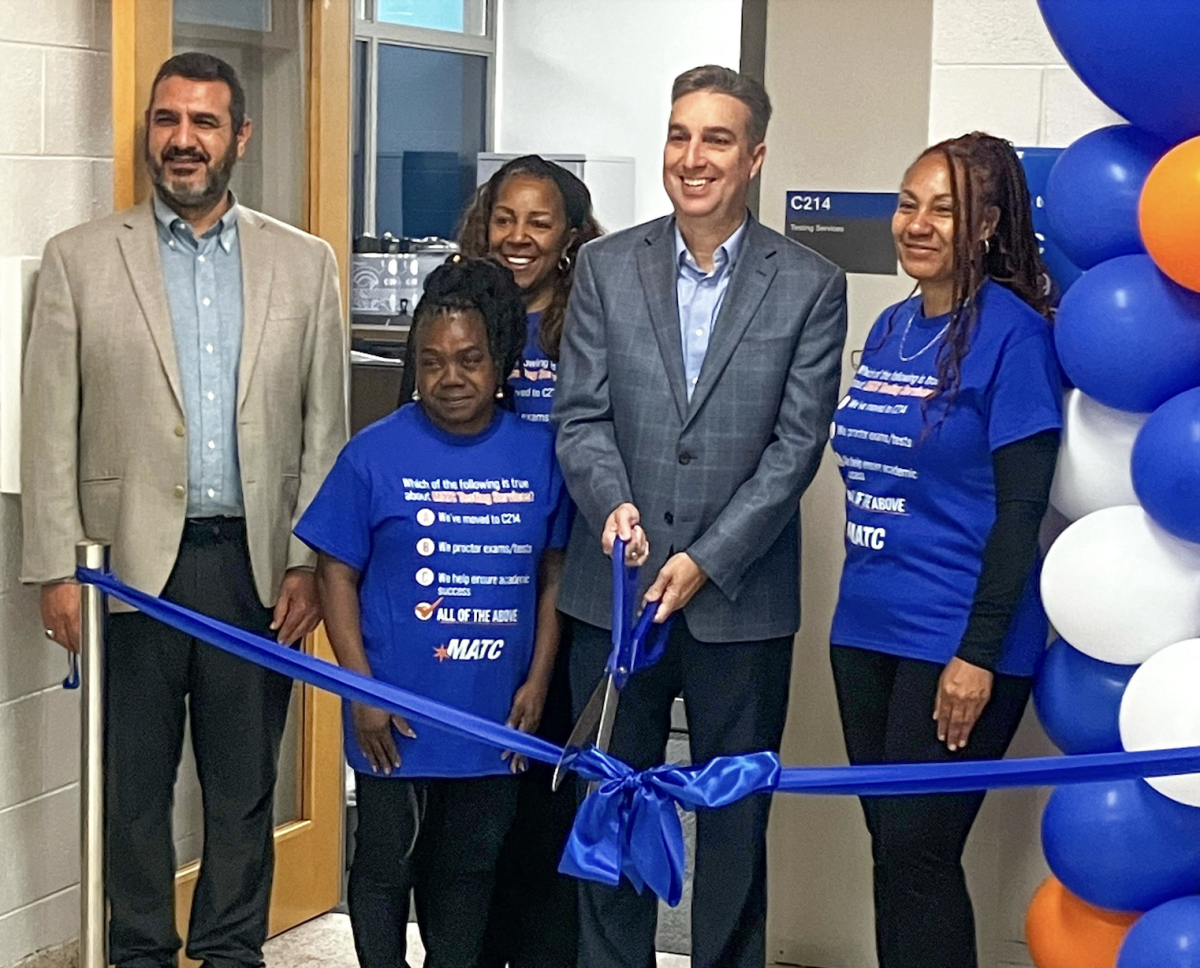MATC will host a free LUNCH and LEARN program to increase awareness on gynecological and breast cancer on Monday, October 13 (noon – 1 p.m. in M605 at the Downtown Campus). Individuals can reflect on ways to reduce the risk of cancer and take actions to create a healthier life and community. You can RSVP here. According to Cancer in Wisconsin, 50% of cancer deaths are preventable.
Take the Cancer Prevention Quiz at the QR code below to test your knowledge and learn more about cancer risk reduction.
We can reduce cancer risk by completing recommended cancer screenings, limiting alcohol and tobacco consumption, and engaging in promotion of health behaviors such as reducing ultraviolet ray exposure, exercise, and eating healthy nutritional meals.
Breast Cancer Screening: Women at average risk of developing breast cancer should get a screening mammogram yearly, beginning at age 40. If you have certain risk factors, talk with your doctor about screening.
Prostate Cancer Screening: The American Cancer Society recommends men who are at average risk of prostate cancer begin a conversation with their doctor at age 50 about whether and when prostate cancer screening is right for them. African American men are at higher risk at a younger age and should start the conversation earlier.
Colorectal Cancer Screening: Men and women who have average risk of developing colorectal cancer should have their first colonoscopy at age 45. Talk with your primary care doctor to determine when screening should begin for you given your family and personal medical history, the appropriate interval between tests, and which screening test is most suitable.
Cervical Cancer Screening: Talk with your doctor about screening with an HPV or a PAP test and your personal risk factors for cervical cancer. According to the American Cancer Society, cervical cancer testing (screening) should begin at age 25.
Lung Cancer Screening: Lung cancer screening is not recommended for people who are at average risk. To be eligible for lung cancer screening using an annual low-dose CT scan of the chest, you must have certain high-risk factors, and you must be evaluated and discuss screening with your physician

























































